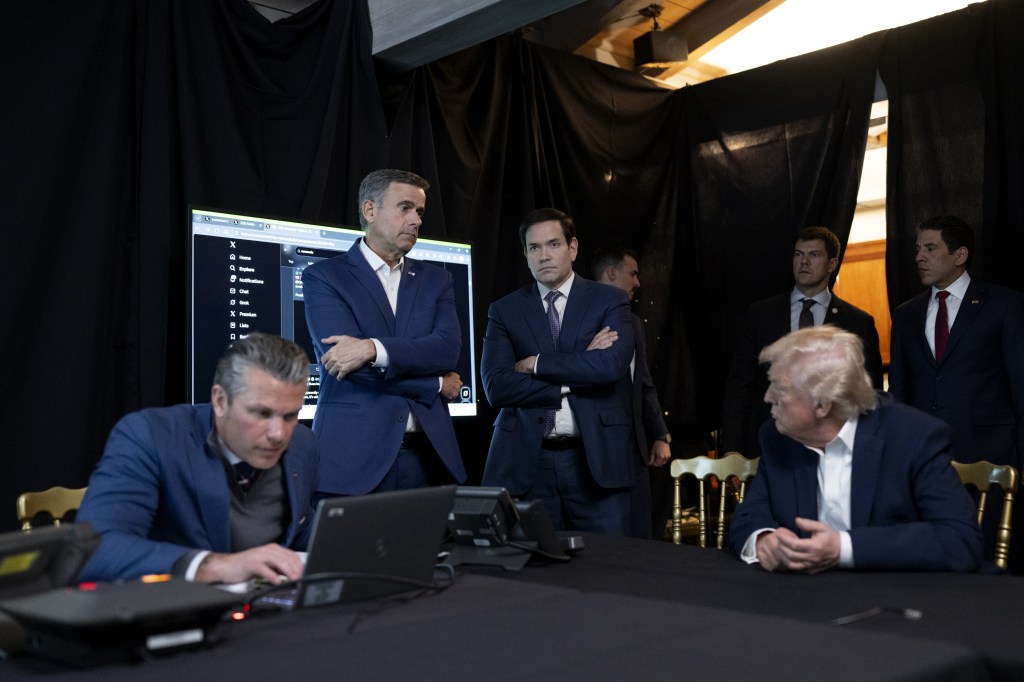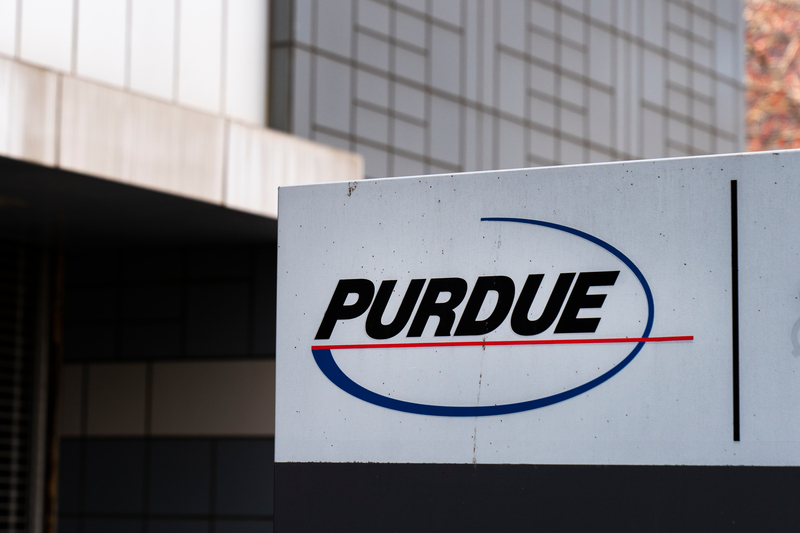In December we briefly reported on a significant DOJ fine of $650m against McKinsey & Company. This fine was levied as part of a criminal and civil settlement between the consulting firm and the DOJ in relation to the firm’s work with Purdue Pharma on the marketing and sale of
Register for free to keep reading
To continue reading this article and unlock full access to GRIP, register now. You’ll enjoy free access to all content until our subscription service launches in early 2026.
- Unlimited access to industry insights
- Stay on top of key rules and regulatory changes with our Rules Navigator
- Ad-free experience with no distractions
- Regular podcasts from trusted external experts
- Fresh compliance and regulatory content every day

















